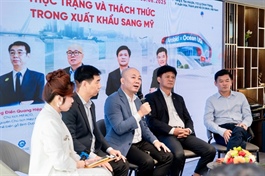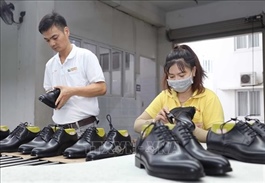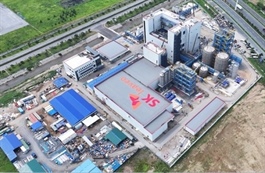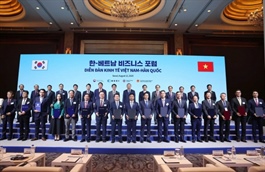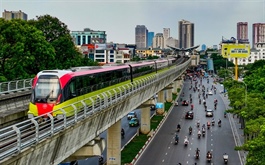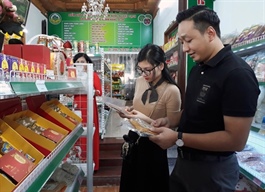Vietnamese exporters shift strategies amid new US tariffs
Vietnamese exporters shift strategies amid new US tariffs
Vietnamese exporters are responding to new US tariffs with strategic shifts, turning pressure into opportunities for growth and diversification.
The latest such tariff regime has added challenges for Vietnam’s export sectors, but many firms are using the moment to restructure supply chains, strengthen environmental, social, and governance compliance, and expand into untapped global markets. By reassessing strategies and broadening their reach beyond traditional partners, exporters aim to build greater resilience and competitiveness.
Speaking to VIR, Nguyen Tran Thien Thanh, director of Thien Thanh Binh Trading and Manufacturing in Ho Chi Minh City, said the company has begun reviewing its supply chain, increasing localisation, and preparing thoroughly to meet environmental, social, and governance (ESG) standards.
"If the US becomes temporarily less favourable, we will shift our focus to nurturing relationships with customers in the EU, Japan, and Taiwan – markets where we already have an established presence. We’re diversifying products, improving quality, and tailoring incentive policies to suit each market," Thanh said.
She noted that ESG compliance is now a mandatory requirement for entering major markets and a growing driver of supply chain transparency, helping to strengthen the reputation of Vietnamese brands.

Export businesses are being encouraged to diversify their markets |
In addition to gaining more control over the supply chain, businesses are also actively realigning their market strategies. This proactive and adaptive mindset is also being embraced by several major players, notably Hanfimex – one of Vietnam’s leading exporters of cashews, pepper, and coffee.
Phung Van Sam, chairman of Hanfimex Vietnam Group, told VIR that recognising the tax disadvantages of exporting to the US compared with competitors from Brazil, Indonesia, Cambodia, and several African countries had prompted the company to chart a new course.
“We’re shifting towards markets with logistical and financial advantages, such as those in Asia, where shipping is faster, payment cycles are shorter, and capital turnover is more efficient,” Sam said. “The EU and certain African nations are also emerging as key expansion targets.”
Rather than competing solely on low pricing, Hanfimex has opted for a strategy focused on consistent quality, optimising supply chain efficiency, and enhancing trade promotion efforts tailored to specific market characteristics.
In contrast to the recent rush into the US market, Thien Minh Wood Company has steadily maintained its foothold in the EU – a strategy now delivering clear benefits.
Tran Lam Son, vice chairman of Thien Minh, said the company’s early investment in the EU market has helped cushion the impact of recent US policy changes.
“EU-bound orders currently make up 60–70 per cent of our total export volume,” Son noted, adding that investing in design and improving product quality to meet EU standards has built long-term trust and opened opportunities for future market share growth.
Beyond the efforts of individual businesses, trade promotion agencies are also adapting to create a more sustainable foundation for export activities.
At a roundtable in Ho Chi Minh City on August 1, Tran Phu Lu, director of the city’s Trade and Investment Promotion Centre, revealed a digital trade promotion ecosystem is being rolled out to expand outreach into new regions such as the Middle East, Africa, South Asia, and Latin America, thereby reducing reliance on traditional markets.
“We aim to help businesses enter target markets through international trade fairs, direct links with distributors and importers, and by accelerating digital transformation in trade promotion to create more effective engagement channels,” Lu said
Meanwhile, Do Ngoc Hung, Vietnam’s commercial counsellor in the US, said that despite the new tariffs, the country remains a highly attractive link in the global supply chain.
“Major corporations like Walmart, Amazon, and Costco have reaffirmed Vietnam’s role as a vital supply chain hub and are actively expanding their presence here. Their priorities go beyond price – they want sustainability, consistent supply capacity, and source traceability,” Hung noted.
He stressed that to seize this opportunity, Vietnamese businesses should join industry-specific international trade fairs, automate production, strengthen ESG compliance, and invest in professional brand-building.
“While the market is challenging, this is a pivotal moment for businesses to restructure, enhance their position, and build resilient, sustainable brands,” Hung added.
- 12:14 14/08/2025








